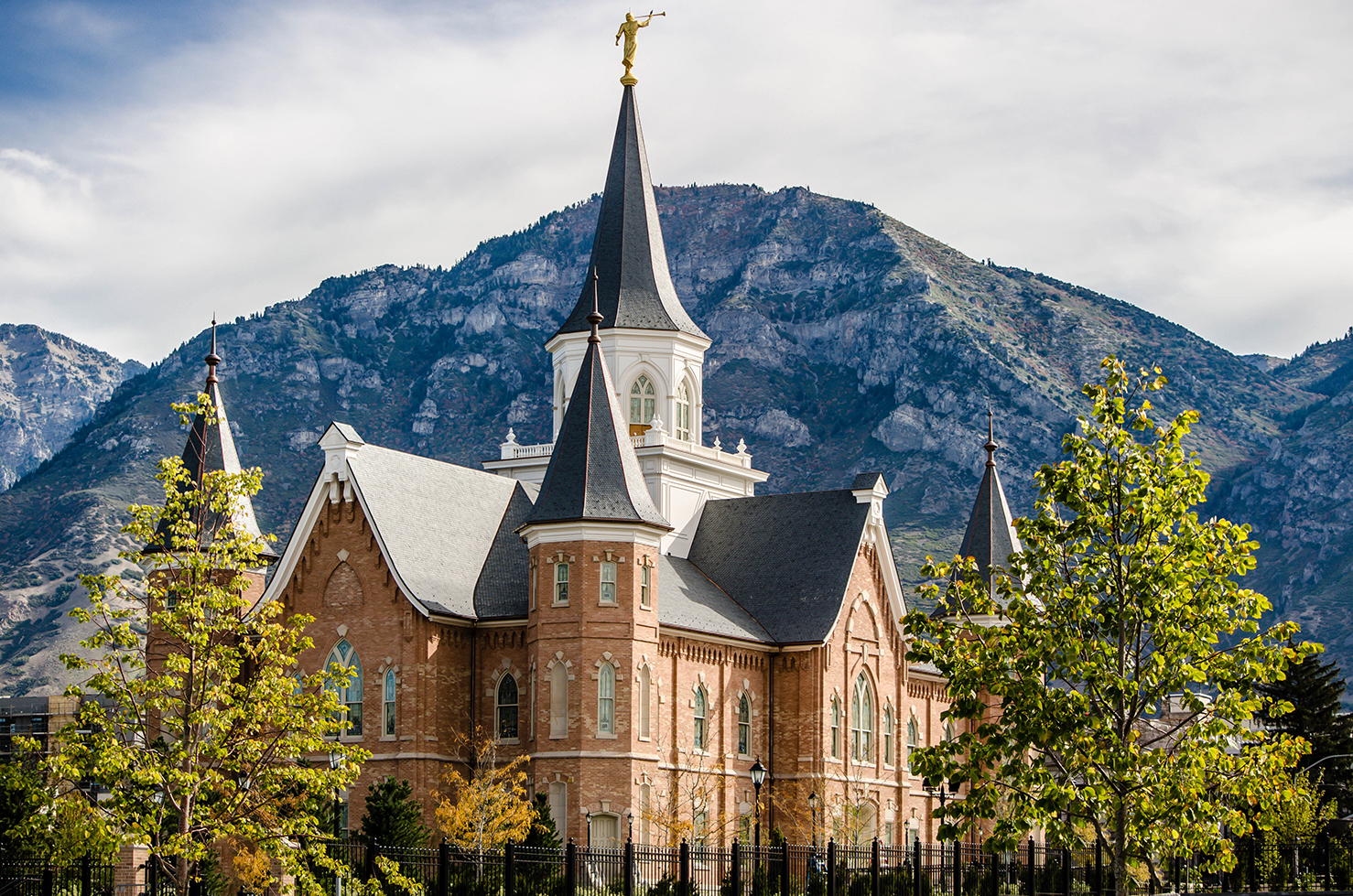Our sister-in-law, Michelle and her two youngest: Brigham and Charlie, visit June 29th. David lived with them, in Wayne, PA, a suburb of Philly, when he volunteered for City Year, before his mission. We really appreciate them coming for one last visit before the big move to Washington State. We sit on our deck, soaking in the perfect New England evening.
2016
We spend the Johnston family reunion with Jim’s family, including Michelle, Brig, and Charlie. I stay the next week to visit two nieces, a Hazen cousin, and a cousin of my dad, (my first cousin, once removed, if you’re genealogically-minded).
Sunday, June 26th, after church and lunch, I head for Moscow, Idaho, to stay with Jenn’s sister Michelle, her husband, Will, and little 20-month-old Chloe (a.k.a. Clover.) It’s an inspiring drive over the evergreen Cascade Mountains and then 100 miles of desert: sage brush and the occasional stand of sage-colored trees. Taking Washington State Route 26 eastbound, I pass, in blissful ignorance, a gas station at mile 2 and spend mile 50 through 102 wondering if AAA works in the wilds of central Washington. There's a sign for gasoline around mile 50, but it states the hours: Monday through Saturday. I imagine pulling in and sleeping in the car till Monday morning. Around mile 102, I spot a white minivan with a young mother tending her infant at a primitive rest stop (No water, just two outhouses). “Do you live around here?” “Well, in Pullman.” “Is there a gas station open anywhere near?” “Yes, in Colfax, if you have a credit or debit card." When I pull into it, I’ve still got a quarter tankful of gas, but I’m relieved to fill it up. Colfax, Washington is just 25 miles from Moscow, Idaho, but I'm taking no more chances.
Reminds me of our 1995 cross-country trip. (15,900 miles, 48 states, 1 Mexican state, and 3 Canadian provinces). In South Dakota I blithely pass a gas station; I still have several gallons of gas in the car. We drive through miles of sparsely populated reservation and I, silently stressing, try not to convey my ever-increasing anxiety to my six children (ages 4-14). Am I going to strand us all in the wilderness? I finally give up, turn the minivan and tent trailer around, backtrack, and roll into that same gas station, practically on fumes. East Coast assumptions can get you in trouble in the West.










